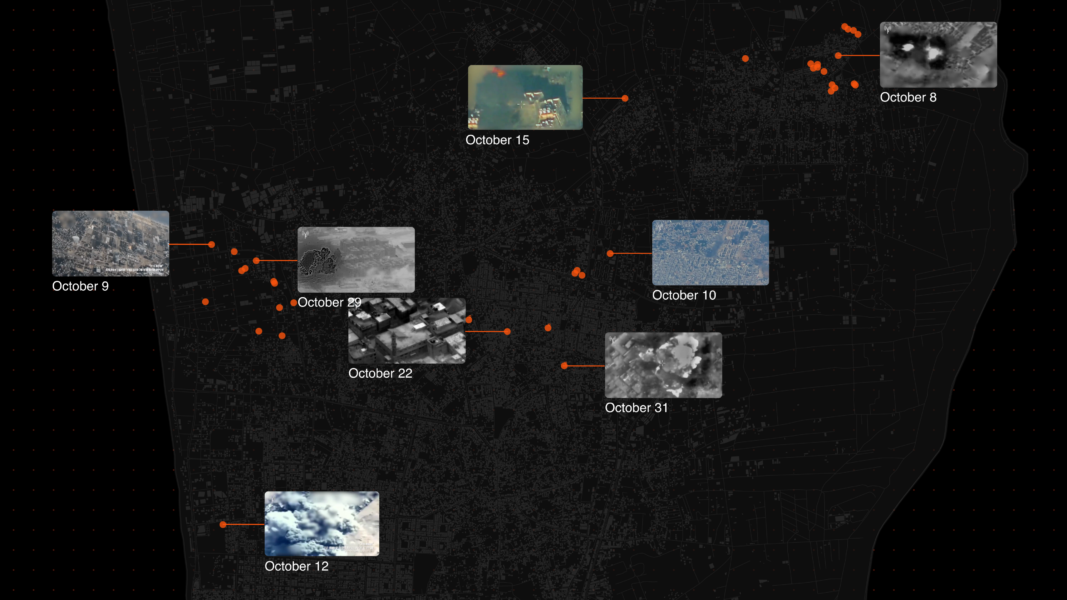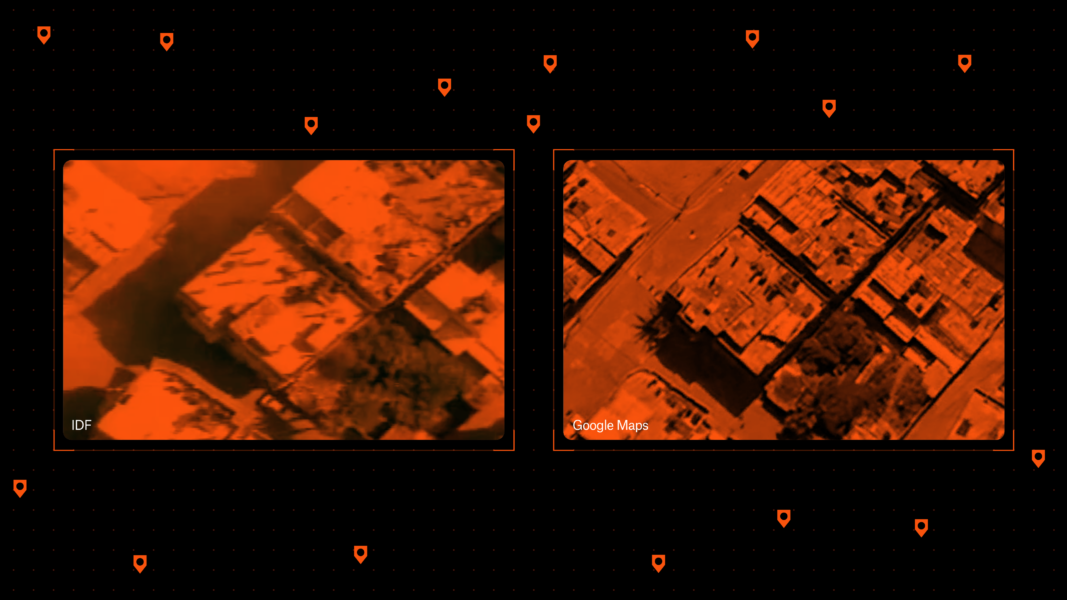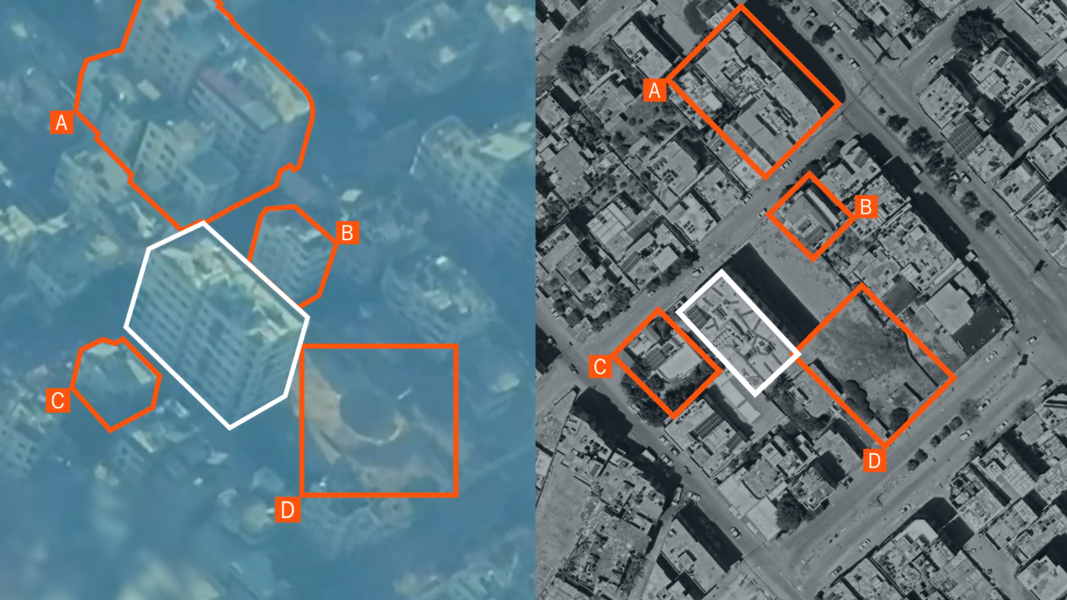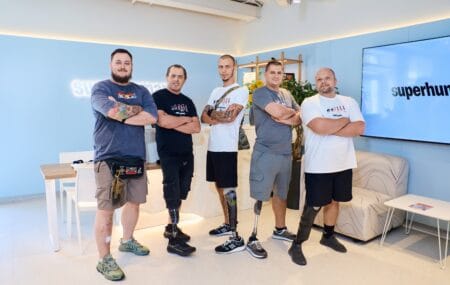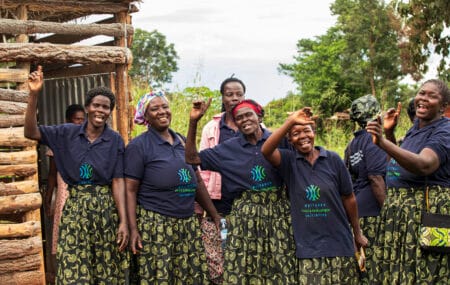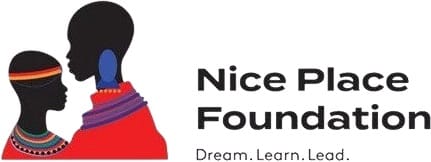Gaza civilian harm documentation and referrals
Following the brutal October 7th Hamas attack in Israel which killed hundreds of civilians, Israel launched one of the most intense military campaigns in modern history in Gaza. In the year since, almost every fact emerging has been in dispute: from the location and extent of militant infrastructure to whether or not journalists and humanitarian workers are members of armed groups. Perhaps the biggest dispute has been the fact and circumstances of civilian fatalities. Since the outbreak of the war, the International Court of Justice (ICJ) and the International Criminal Court (ICC) have handled cases related to this issue. However, there is a lack of reliable information. Without verified information on incidents involving civilian deaths and injuries, humanitarian organizations cannot effectively plan their interventions. Additionally, the families of the victims, who seek truth and reconciliation, cannot move forward. On a diplomatic and political level, the lack of verified information also poses a significant challenge to promoting military practices that effectively protect civilians.
Airwars is one of the leading watchdog organizations when it comes to documenting and publishing information on civilian casualties and injuries in conflicts. They are highly trusted by governments, journalists, and civil society worldwide.
In this project, Airwars aims to document and verify public information on civilian casualties and injuries in the Gaza conflict. The goal is to minimize suffering and provide individuals, communities, and international actors with the tools and evidence needed to demand accountability and justice for those affected on both sides of the conflict.
The project is supported with 2 750 000 SEK.
What happens in the project?
The project consists of five parts:
- – Review and verify incidents: This involves documenting and verifying various publicly available sources such as social media material and geolocation of images and videos, known as “open source reporting.” The material will be reviewed in collaboration with independent analysts and local experts.
- – Make a database of incidents available: This database will be accessible to the public, civil society, and journalists.
- – Create reports based on the verified and collected data: These reports can then be used for advocacy work and to reduce the suffering of civilians in conflicts.
- – Establish a communication channel with the warring parties: By using the verified data, this channel will aim to influence the warring parties to take measures that reduce civilian suffering.
- – Conduct workshops: These workshops will equip civil society and human rights activists with the tools and knowledge to continue working on these issues.
Why was the project supported?
Access to credible and accurate information is crucial for documenting history, taking preventive actions, and seeking truth, protection, and justice.
Project time status
100%
This project started in June 2024 and ended in May 2025
For more information: https://airwars.org/

